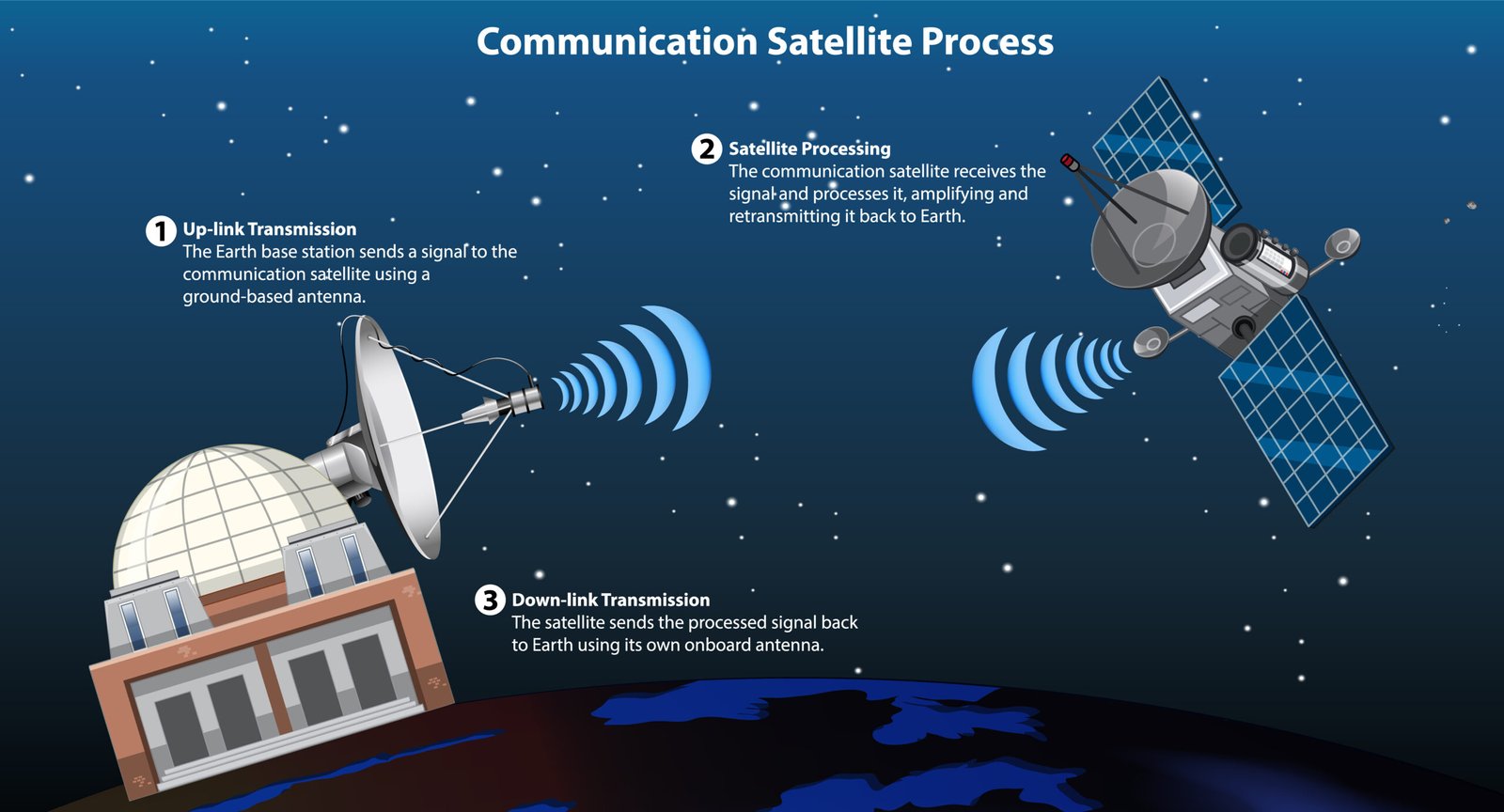The global shortage of IPv4 addresses has become a major concern for businesses worldwide. As the demand for internet connectivity continues to grow, companies must decide: should they buy IPv4 addresses or lease them? The scarcity of lease IPv4 addresses has led to higher costs, forcing businesses to carefully weigh their options. In this blog, we’ll explore both approaches and help you determine if it’s time to lease or buy IPv4 addresses for your company.
Understanding the IPv4 Shortage
IPv4 addresses are a finite resource. Regional Internet Registries (RIRs) have already allocated all available addresses. Despite the development of IPv6, many businesses still rely on IPv4 due to compatibility and existing infrastructure. This shortage has driven prices up, making it difficult for companies to acquire these valuable addresses.
The Case for Leasing IPv4 Addresses
For businesses looking for flexibility, leasing IPv4 addresses can be a cost-effective solution. Instead of making a large financial commitment upfront, companies can lease addresses for a set period. This option allows businesses to scale as needed, especially during times of growth.
By choosing to companies can better manage their expenses. Leasing is particularly useful for startups or businesses unsure of their long-term address needs. Moreover, leasing eliminates the need for long-term commitments, making it a more adaptable option.
Advantages of Buying IPv4 Addresses
On the other hand, buying IPv4 addresses can offer long-term benefits. Ownership gives businesses complete control over their IP resources. This can be particularly valuable for companies with permanent infrastructure or long-term projects. Although the initial cost is high, owning IPv4 addresses can pay off over time.
Businesses that buy IPv4 addresses can avoid the recurring costs of leasing. As the value of IPv4 addresses continues to rise, ownership becomes a worthwhile investment. Buying also eliminates the risk of losing access to addresses when a lease expires, offering more stability.
Leasing vs. Buying IPv4 Addresses: Pros and Cons
When deciding between leasing or buying, businesses should consider their budget, growth, and future needs. Here’s a quick comparison of the benefits and downsides of each option:
Pros of Leasing IPv4 Addresses:
- Lower upfront costs: Leasing is more affordable initially.
- Flexibility: Companies can scale up or down based on their current needs.
- No long-term commitment: Perfect for short-term projects or fluctuating demand.
- Financially manageable: Leasing helps businesses avoid large investments.
Cons of Leasing IPv4 Addresses:
- Ongoing costs: Leasing requires continuous payments, which may add up.
- No ownership: Businesses won’t own the IP addresses, leading to potential changes once the lease ends.
- Less control: Ownership offers more control over the long-term use of the addresses.
Pros of Buying IPv4 Addresses:
- Long-term investment: Buying is a smart choice, especially as IPv4 addresses become more scarce.
- Complete control: Businesses own their IP addresses, giving them full control.
- No recurring payments: After purchasing, there are no leasing costs to worry about.
- Stability: Ownership offers security, as the company won’t lose access to critical addresses.
Cons of Buying IPv4 Addresses:
- High initial costs: Purchasing IPv4 addresses requires a substantial upfront investment.
- Less flexibility: Ownership may not be ideal for short-term or fluctuating needs.
- Risk of transition: With IPv6 becoming more common, businesses may need to adapt their infrastructure in the future.
Making the Right Choice for Your Business
The decision to lease IPv4 addresses or buy IPv4 addresses depends on your business’s goals and growth plans. Leasing is a great option for companies looking to minimize upfront costs and maintain flexibility. It’s perfect for short-term projects or businesses experiencing rapid growth.
The Process of Leasing IPv4 Addresses
Leasing IPv4 addresses involves several steps. First, an organization identifies the need for additional IP addresses. Next, it contacts an IPv4 broker or marketplace that specializes in leasing arrangements. These brokers act as intermediaries, connecting organizations with surplus IPv4 addresses to those in need.
Once a suitable match is found, the parties negotiate the terms of the lease. This includes the lease duration, cost, and any specific conditions. After reaching an agreement, the lessee gains access to the IPv4 addresses for the agreed-upon period.
Throughout the lease term, the lessee uses the IPv4 addresses as needed. At the end of the lease, the addresses are returned to the lessor, unless both parties agree to renew the arrangement. This cyclical process ensures that IPv4 resources are used efficiently and are available for other organizations when needed.
Addressing Security and Compliance
While the IPv4 lease offers numerous benefits, it is essential to address security and compliance concerns. Organizations must ensure that leased IP addresses are not associated with any malicious activities or blacklisted domains. Working with reputable brokers and conducting thorough due diligence can mitigate these risks.
Additionally, compliance with regional and international regulations is crucial. Businesses must be aware of the legal implications of leasing IPv4 addresses, particularly if they operate in multiple jurisdictions. Adhering to these regulations helps maintain the integrity of the leasing process and ensures that all parties involved operate within the bounds of the law.
In conclusion, both leasing and buying IPv4 addresses have their merits. Understanding your business’s unique needs will help you choose the best path forward. Consider your financial situation, scalability, and long-term objectives when making this crucial decision for your company.
















Leave a Reply